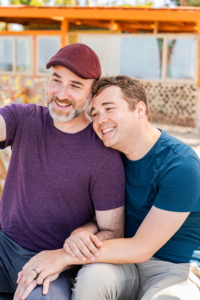In January, we reflected on seven milestones and lessons from the last shmita cycle as we also look forward to the next. Our fourth reflection below explores how we shifted priorities to support Jews of Color and embark on a path toward anti-racism.
The United States and our Jewish communities have continued to wrestle with deep-seated, systemic racism, sparking difficult, but necessary conversations, as well as new initiatives and pathways for action and grantmaking. We at Leichtag have also spent time examining our own biases, how we may have been complicit with racism, and our organizational blind spots.
We seek to examine possibilities of how we could show up for our communities in more impactful ways.
In the wake of the killing of Michael Brown in Ferguson and so many similar incidents, our team talked about our role in combatting racism and uplifting Black voices in our own communities. In 2016, along with partners, we convened a group of Jews of Color in our networks skilled in leadership, community organizing and social entrepreneurship. Sharing their personal stories and data, they shed light on the discrepancies in resources for Jews of Color, such as low rates of leadership roles, exclusion from Jewish communal participation, and a frayed professional pipeline.
Their stories and the other voices they carried with them held both deep pain as well as passion to be involved in their Jewish community, to step up to leadership and improve our future. As a result of these conversations, we set out to establish the Jews of Color Field Building Initiative. With Ilana Kaufman at the helm, the Jews of Color Field Building Initiative was established, creating the first participatory grantmaking fund of its kind – philanthropic dollars for Jews of Color stewarded by Jews of Color. The Initiative also commissioned a meta-study that serves as a blueprint for how the Jewish community engages its growing JoC population and provided informal consulting on leadership development and multiracial Jewish communities.
Today, the newly-named Jews of Color Initiative has grown to a robust team that works to build a truly multiracial, anti-racist Jewish community in which Jews of Color can experience joy and reach their full potential and belonging as leaders and community members. The JOCI continues to make grants, conduct research, and provide community education. The consortium of funders supporting the JOCI continues to increase to support this important work.
Since its inception, JOCI has granted over $1.5 million to organizations led by and/or serving Jews of Color. Click here for takeaways from Ilana’s recent visit to present the latest JOCI research at The Hive at Leichtag Commons.
As we honed in on opportunities to deepen support for Jews of Color, the continued killings by police and the racial justice protests of 2020 led us to deepen our work to look inward and better understand what it means to be an anti-racist organization. We created an Anti-Racist Task Force to analyze, adapt, and implement strategies for creating change both within our own organization and leveraging our influence as a funder in the community. In 2020 we shared our commitment to creating and supporting an anti-racist community. Here are a few measures we have taken in our organization and with the community:
- Created a DEI Library with community partners to support our local nonprofits in developing capacity in this area. The resources in our DEI Library include: training and recruitment practices, policies and procedures, podcasts, book recommendations, and much more.
- Provided resources to all grantee partners to work towards becoming anti-racist organizations. Our updated grant acknowledgment letter and agreement templates include language that encourages grantees to learn and grow. We hope their work will create a ripple effect as they share their processes and learnings with us and others.
- Expanded The Hive’s programming to diversify content and intentionally center facilitators of color: The Hive team is reconsidering who leads our programs and how we attract people of all backgrounds to participate. We’ve established more partnerships with Black, Indigenous, and People of Color-led and BIPOC-serving organizations in the community, and provided new professional development workshops focused on diversifying board members, donors, and clients. The Hive is continuing to develop programs that train organizations to support individuals’ multiple identities in the workplace.
- Responded to current events, including advancing racial justice, through grantmaking: Since the last shmita cycle, we’ve seen natural disasters destroy regions and disproportionately harm marginalized communities, wars break out around the world, and racism, antisemitism and xenophobia endanger communities locally and around the country. Most recently, we granted funds to leaders of color to decide how they could impact their communities most and regrant through identity-based giving circles.
- Established benchmarks and aspirations in our Anti-Racist Task Force: We worked with a consultant to establish a case for becoming anti-racist and a statement of affirmation and commitment to understand our role in perpetuating an imbalanced system, apply improvements that are specifically targeted to address the needs of Black, Indigenous, and people of color, and benefit all our stakeholders and our organization through an improved system based on equity and inclusion. Some standards and guidelines we have identified to continually track and evaluate include:
-
- staff perception of the Foundation’s commitment to diversity, equity, and inclusion
- proactive language in job descriptions and staff recruitment practices to encourage people from underrepresented populations to apply
- board demographic composition
- program leader and attendee demographic representation
- incorporating inclusion and equity metrics in employees’ annual goals
- committing to annual diversity, equity, and inclusion trainings for staff and community
These new lenses have illuminated important discoveries for seeding change, and we are honored to watch these initiatives bloom into robust programs that are changing the landscape of our communities.
Jenny Camhi, Chief Talent Officer
Jordan Daniels, Communications and Creative Specialist
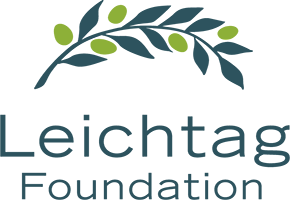
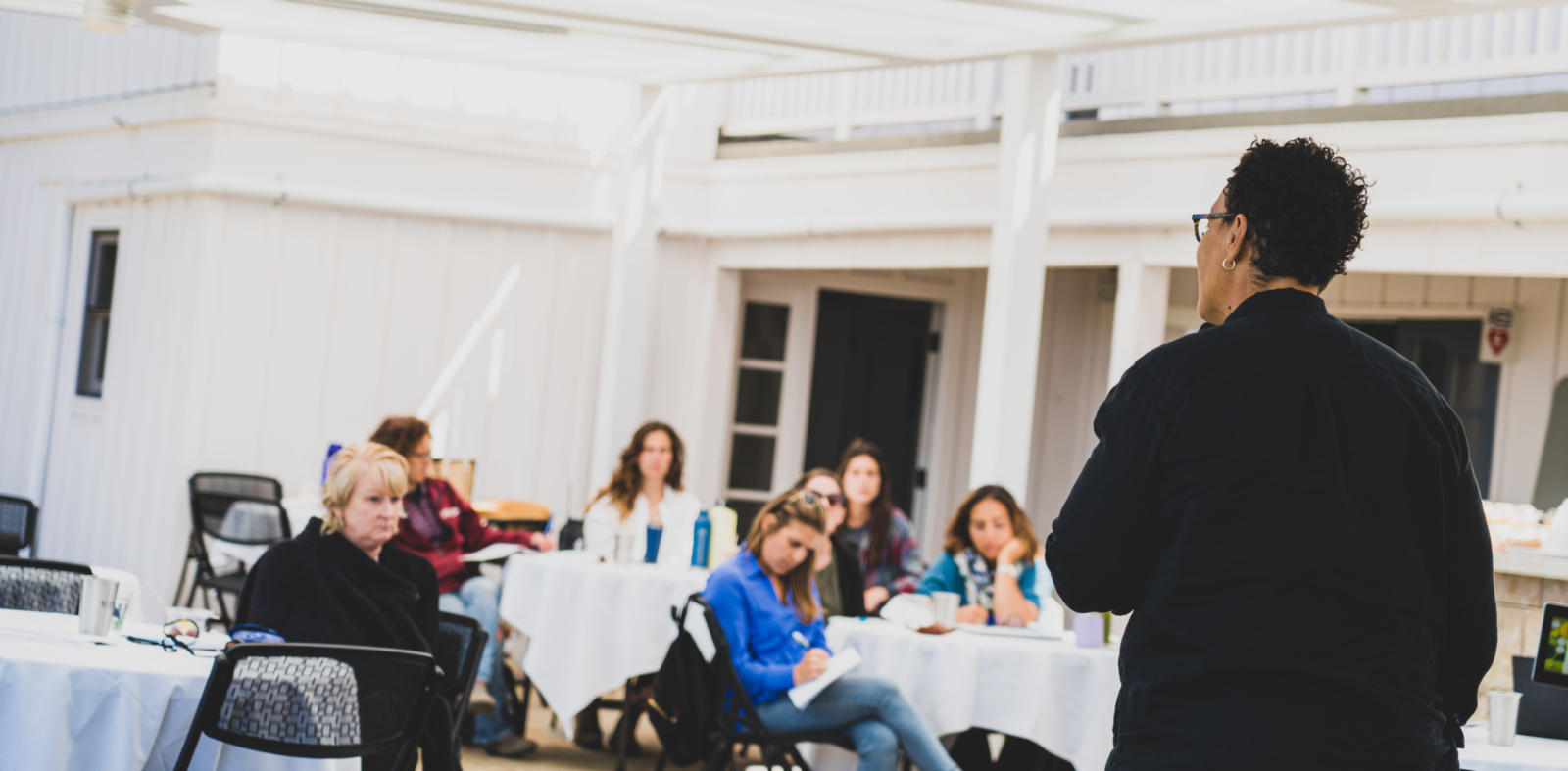
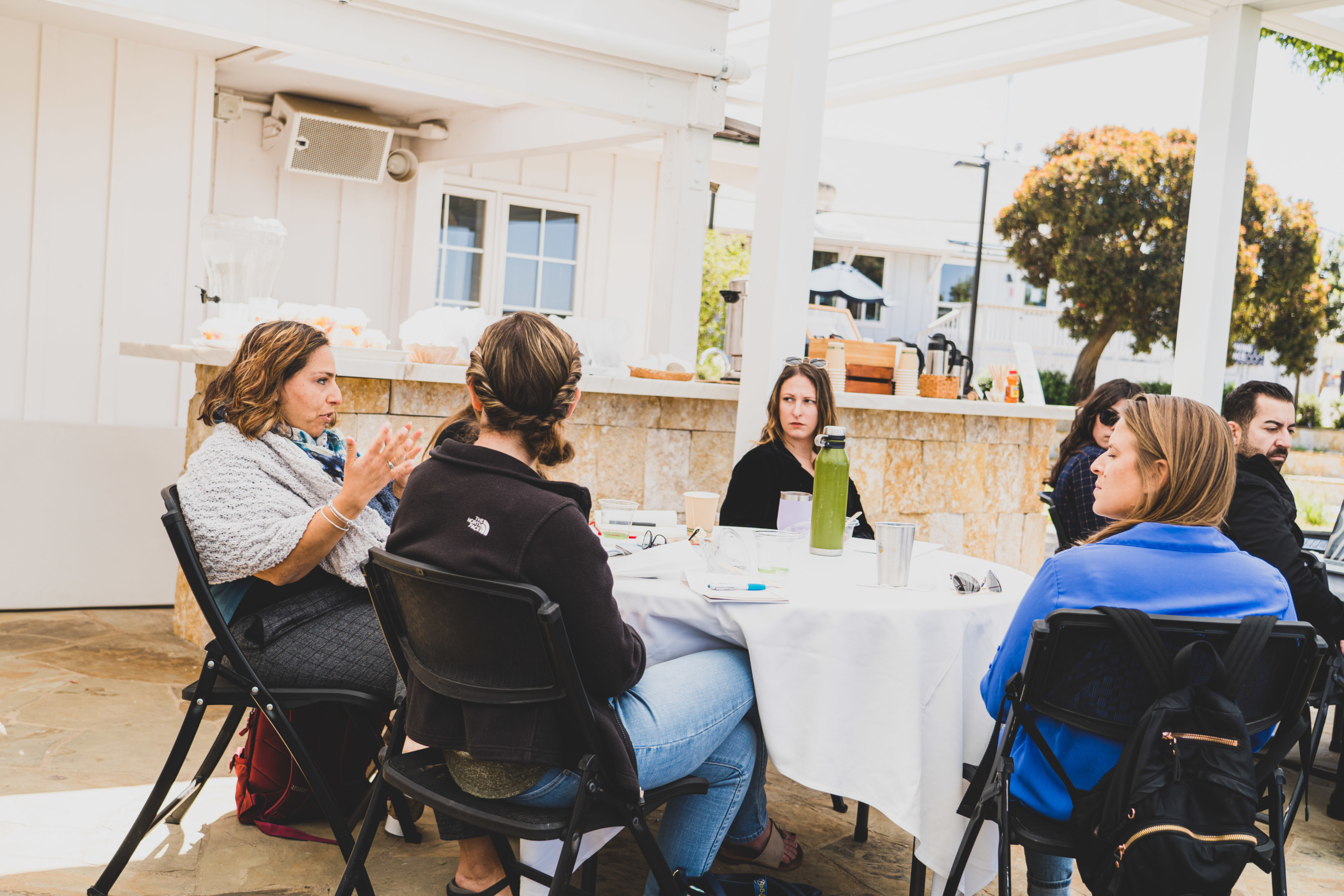
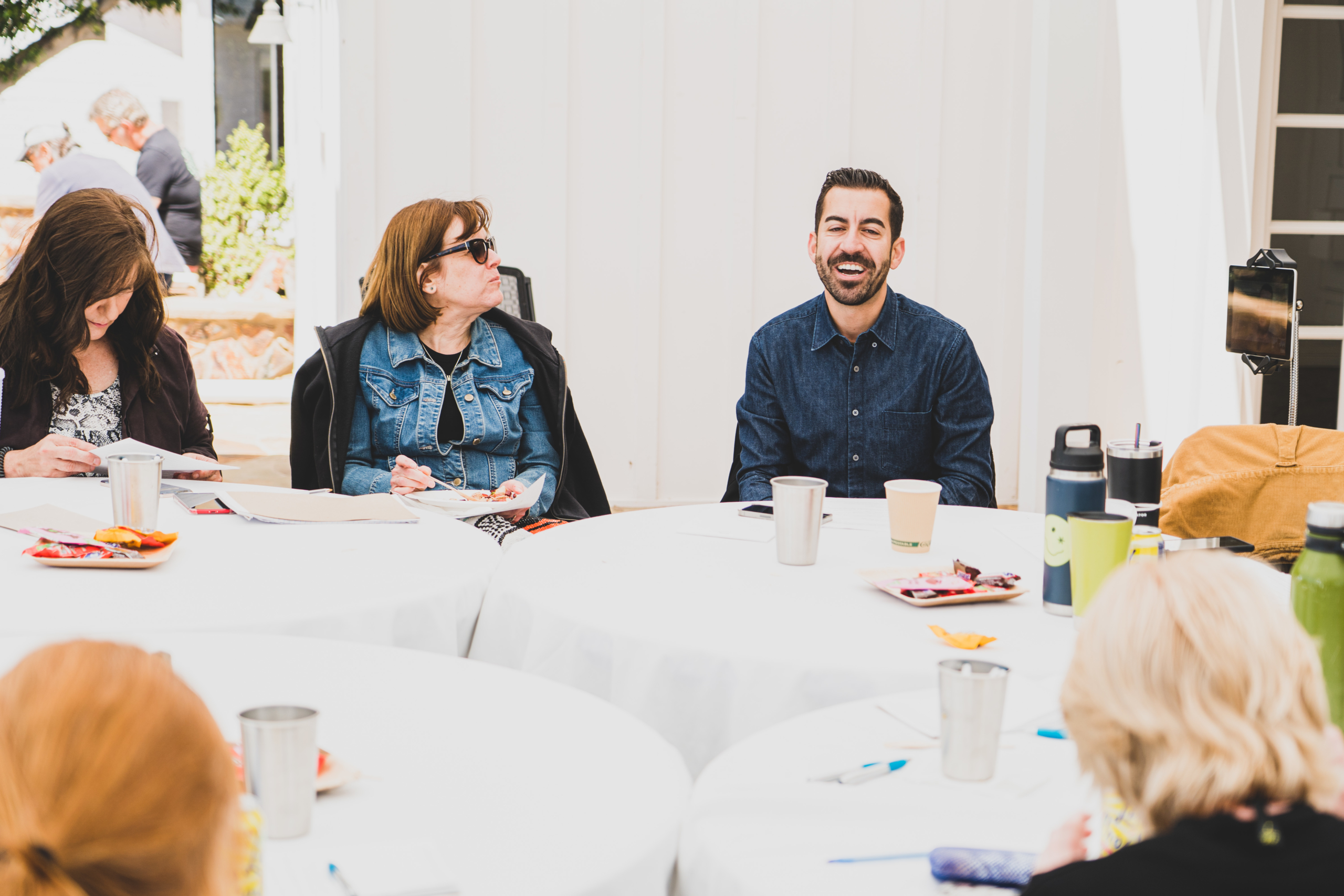
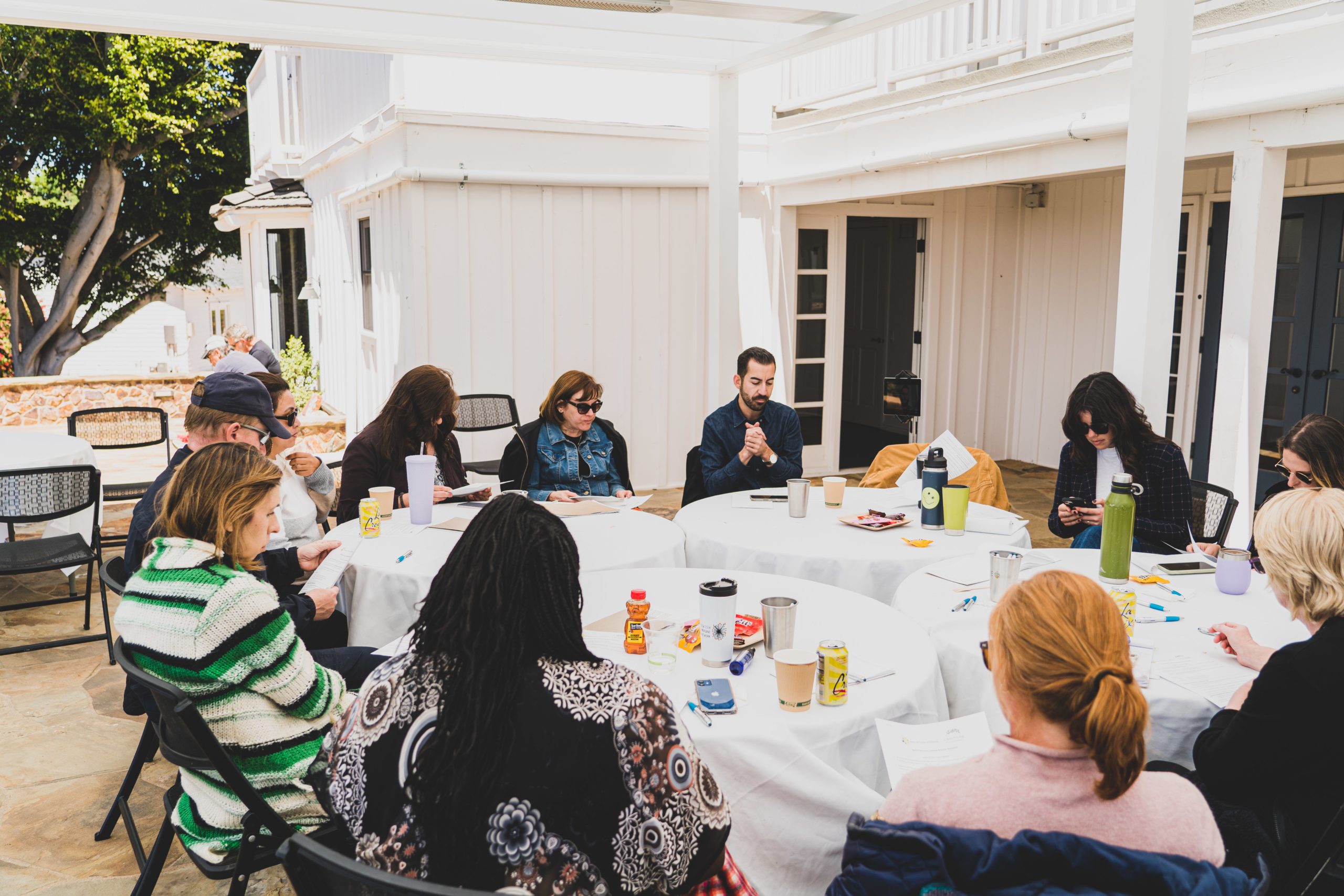
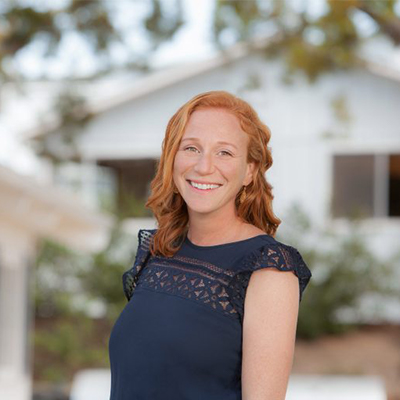



 Black, Jewish and Queer. These three identities weave the fabric of who I am, but it took a long time to believe that they could exist together.
Black, Jewish and Queer. These three identities weave the fabric of who I am, but it took a long time to believe that they could exist together. Lee and Toni Leichtag established the Leichtag Foundation in 1991 following the sale of their business. Lee and Toni were lifelong entrepreneurs with a passion for innovation and for supporting talent. They believed that only with big risk comes big reward. Both born to families in poverty, Toni to a single mother, they strongly believed in helping those most in need and most vulnerable in our community. While they supported many causes, their strongest support was for young children and the elderly, two demographics who particularly lack voice in our society.
Lee and Toni Leichtag established the Leichtag Foundation in 1991 following the sale of their business. Lee and Toni were lifelong entrepreneurs with a passion for innovation and for supporting talent. They believed that only with big risk comes big reward. Both born to families in poverty, Toni to a single mother, they strongly believed in helping those most in need and most vulnerable in our community. While they supported many causes, their strongest support was for young children and the elderly, two demographics who particularly lack voice in our society.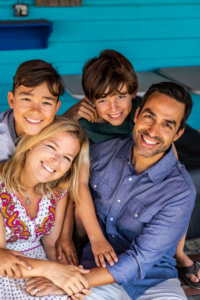 Lifelong Baltimoreans, Rabbi George and Alison Wielechowski and their sons, 11-year-old Lennon and 9-year-old Gideon, are more than pursuing the good life in Southern California. Having moved to San Diego more than three years ago, they are fulfilling a lifelong dream.
Lifelong Baltimoreans, Rabbi George and Alison Wielechowski and their sons, 11-year-old Lennon and 9-year-old Gideon, are more than pursuing the good life in Southern California. Having moved to San Diego more than three years ago, they are fulfilling a lifelong dream.
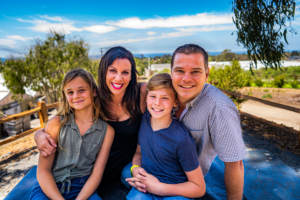
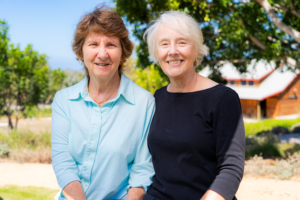

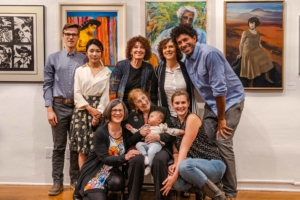
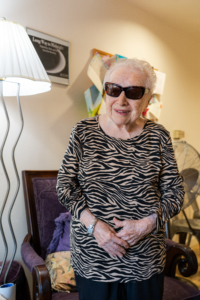
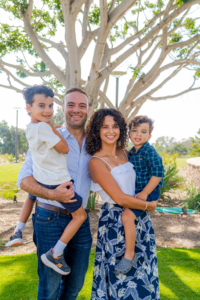
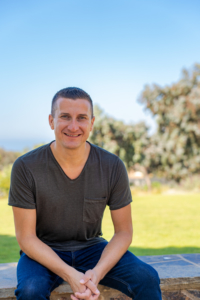 You would think that as the executive director of San Diego LGBT Pride, Fernando Zweifach López Jr., who uses the pronoun they, has done all the coming out they possibly can. A queer, non-binary individual who has worked for many years on civil rights issues, López also speaks openly and often about their father’s family, Mexican-American migrant workers who tilled the fields of rural California.
You would think that as the executive director of San Diego LGBT Pride, Fernando Zweifach López Jr., who uses the pronoun they, has done all the coming out they possibly can. A queer, non-binary individual who has worked for many years on civil rights issues, López also speaks openly and often about their father’s family, Mexican-American migrant workers who tilled the fields of rural California.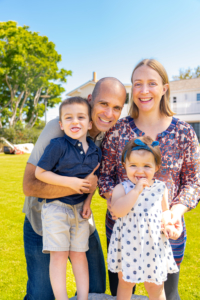 Stacie and Jeff Cook understand commitment. They live it.
Stacie and Jeff Cook understand commitment. They live it.